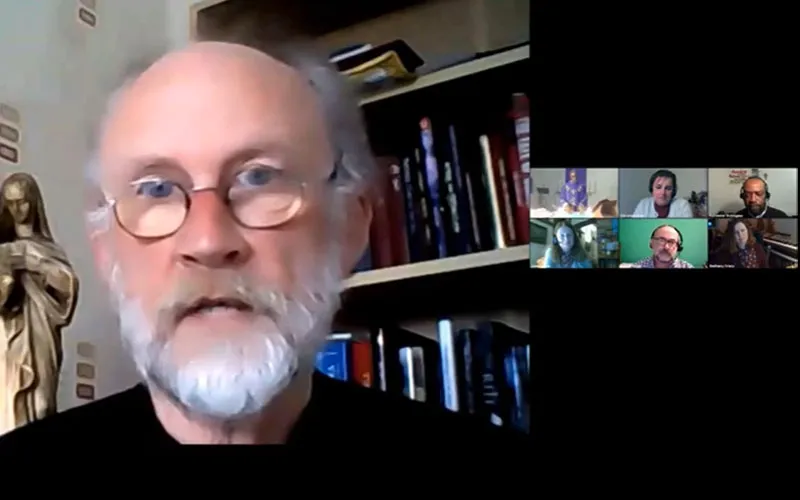Tigray, 01 April, 2021 / 12:00 pm (ACI Africa).
As Christians begin celebrations that culminate in the resurrection of Jesus Christ on Sunday to be marked April 4, a Bishop in England has highlighted the plight of the people living in crisis-ridden Ethiopia’s Tigray region, noting that they remain stuck “at the heart of the Passion” of Christ.
“As we approach Holy Week, the Passion, the Cross, the Resurrection of Christ, let us remember that as we celebrate Easter Sunday, many people - especially those in Tigray - remain at the heart of the Passion. They struggle to reach Easter Sunday,” Bishop Paul Swarbrick said during the March 26 virtual Mass to pray for Ethiopia.
During the Mass organized by the humanitarian arm of the Catholic Bishops of England and Wales, the Catholic Agency for Overseas Development (CAFOD), Bishop Swarbrick shared some accounts of women who have survived the violence pitting the Federal government against the local authorities of the country’s Northernmost Tigray region.
“One woman spoke of how after all that she'd been through, she was just glad - she thanked God that she was still alive,” he recounted and added, “But then as I listened to some of the others who have suffered rape and physical violence at the hands of the soldiers… they didn't say these words, but you could hear them saying, ‘I wish I were dead.’”
Making reference to the women, the Local Ordinary of England’s Lancaster Diocese probed, “How can their lives have a future after what has happened to them, their loved ones, their homes, their country?”








